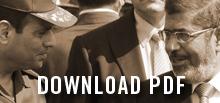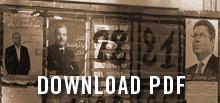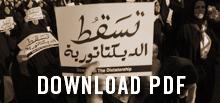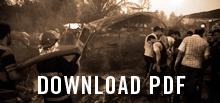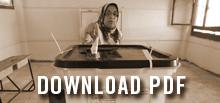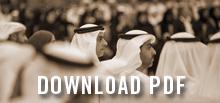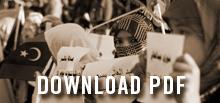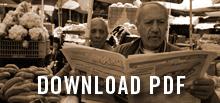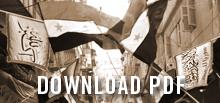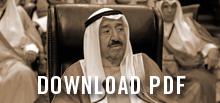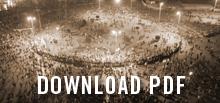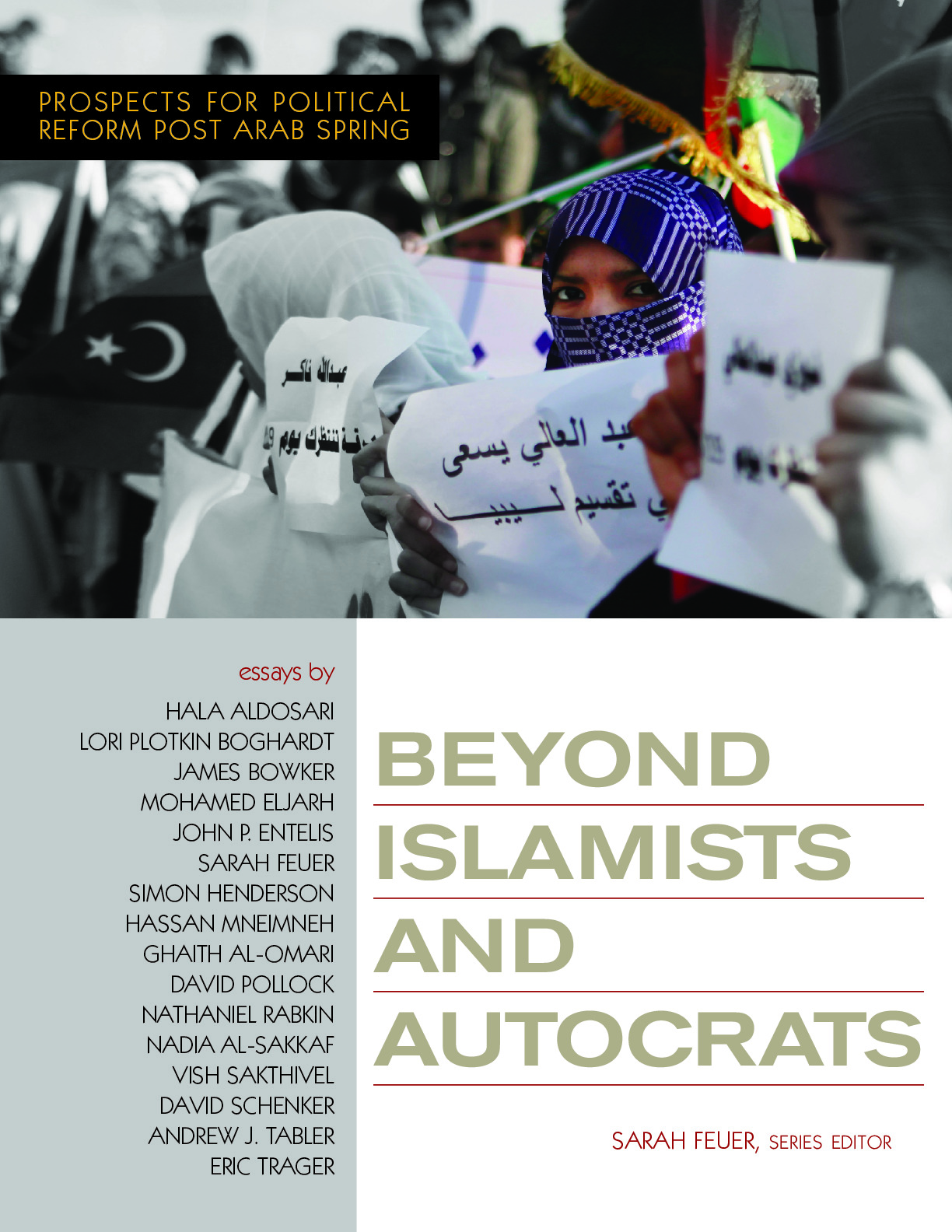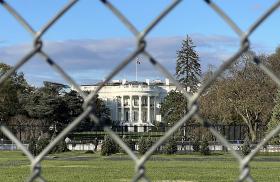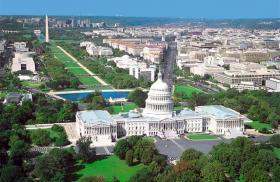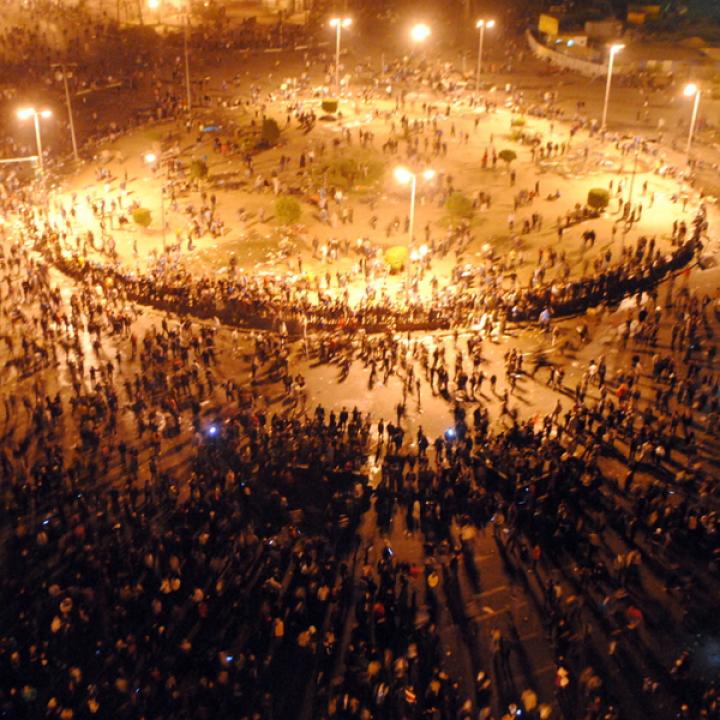
- Policy Analysis
- Monographs
Beyond Islamists and Autocrats: Prospects for Political Reform Post Arab Spring

The compiled series provides a timely country-by-country guidebook for engaging non-Islamist, pluralistically inclined actors in North Africa, the Gulf, and the Levant.
The optimism that briefly followed the 2010-11 Arab Spring has long since faded, with a string of political crises, internal crackdowns, and wars casting a long shadow over the prospects for true democratization. The formidable threats posed by Iranian adventurism and jihadist onslaught have deepened the region's sectarian divides and spun wars out of disputes that might have remained rhetorical dustups in the past.
Yet these same perils, coupled with low oil prices, have pushed some regional governments to take tentative steps toward moderation, whether through domestic policy changes or quiet engagement with old enemies. Meanwhile, the forces of Islamist authoritarianism that once threatened to topple Arab states like dominoes are now on the run. Against this backdrop, modest opportunities to move toward greater pluralism, representative government, and respect for universal human values have been emerging throughout the region, including in areas where citizens have suffered poor governance or harsh oppression under Islamist authorities.
To address the viability of these non-Islamist, nondictatorial forces, The Washington Institute commenced publication in June 2015 of a series of scholarly papers: Beyond Islamists and Autocrats: Prospects for Political Reform Post Arab Spring. Today, with a new administration seemingly aimed at rewriting the rules of certain U.S. relationships in the Middle East, the essays have now been compiled into a timely country-by-country guidebook for engaging non-Islamist, pluralistically inclined actors in North Africa, the Gulf, and the Levant. Each chapter focuses on the particular conditions in one country, detailing the goals, strengths, and weaknesses of the groups in question, exploring their approach to competing with Islamist rivals, and providing suggestions for cultivating and preserving these limited resources. The papers are also available singly in the links below.
THE EDITOR
Sarah Feuer, an expert on politics and religion in North Africa, is a Soref Fellow at The Washington Institute. She is the author of Regulating Islam: Religion and the State in Contemporary Morocco and Tunisia, forthcoming from Cambridge University Press. Feuer received a doctorate in politics from Brandeis University's Crown Center for Middle East Studies and a master's degree in Middle East history from Tel Aviv University.
CH 1 | Series Introduction
David Schenker • June 2015
Download the full text of this chapter [PDF]
Ch 2 | Post-Jasmine Tunisia
Sarah Feuer • June 2015
Download the full text of this chapter [PDF]
CH 3 | MOROCCO: Prospects for civil society
Vish Sakthivel • August 2015
Download the full text of this chapter [PDF]
Ch 4 | THE ALGERIAN CONUNDRUM: authoritarian state, democratic society
John P. Entelis • January 2016
Download the full text of this chapter [PDF]
Ch 5 | BAHRAIN'S STALLED REFORMS AND THE FUTURE U.S. ROLE
Simon Henderson • January 2016
Download the full text of this chapter [PDF]
Ch 6 | Lebanon's [Un]Civil Society
David Schenker • March 2016
Download the full text of this chapter [PDF]
Ch 7 | iraq's imperiled democracy
Nathaniel Rabkin • June 2016
Download the full text of this chapter [PDF]
Ch 8 | YEMEN'S RELAPSE INTO TRIBALISM
Nadia al-Sakkaf • August 2016
Download the full text of this chapter [PDF]
Ch 9 | EGYPT'S OCCASIONAL NON-ISLAMIST REFORMISTS
Eric Trager • September 2016
Download the full text of this chapter [PDF]
Ch 10 | SAUDI ARABIA’S VIRTUAL QUEST FOR CITIZENSHIP AND IDENTITY
Hala Aldosari • October 2016
Download the full text of this chapter [PDF]
Ch 11 | NARRATIVES OF REFORM IN THE UAE
Lori Plotkin Boghardt • November 2016
Download the full text of this chapter [PDF]
Ch 12 | STRUGGLING TO ADVANCE IN POST-SPRING LIBYA
Mohamed Eljarh • January 2017
Download the full text of this chapter [PDF]
Ch 13 | GOVERNANCE AS A PATH TO PALESTINIAN POLITICAL REJUVENATION
Ghaith al-Omari • January 2017
Download the full text of this chapter [PDF]
Ch 14 | THE NARROWING FIELD OF SYRIA'S OPPOSITION
James Bowker and Andrew J. Tabler • April 2017
Download the full text of this chapter [PDF]
Ch 15 | KUWAIT: Democracy trumps reform
David Pollock • July 2017
Download the full text of this chapter [PDF]
Ch 16 | THE ARAB SPRING AT SIX YEARS
Hassan Mneimneh • April 2017
Download the full text of this chapter [PDF]
The Compiled Papers












